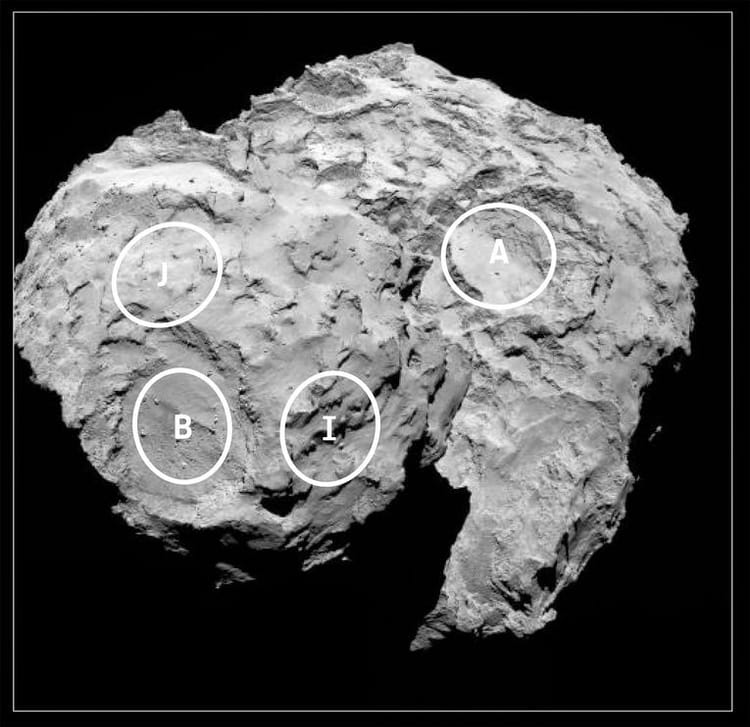It is time Agile crushes magical thinking in business.

n the contemporary business world, one of the things which surprised me the most is how divorced people are from the technology their careers depend upon. Arthur C. Clark, the author of “2001: A Space Odyssey,” said, “…and sufficiently advanced technology is indistinguishable from magic.” Today, in a world moving at the speed of the internet, tens of millions of people are wandering the world behaving like magicians. I want to discuss what this means for you, the scrum master or agile coach.
At the click of a smartphone, a human being can summon a ride, book restaurant reservations, order clothing, and find potential romantic partners. News and gossip travel around the globe. We can even live in virtual spaces reshaping our bodies ignoring concepts or gender and aging. Thanks to the world of technology and algorithms we can live in a curated rich world where there are no opposing opinions and everything is quick and convenient. It is a seductive world.
The world I describe is the product of millions of hours of labor and the application of fifty years of relentless engineering to make systems better, faster, and cheaper. It is the application of silicon wafer technology, advanced mathematics, and intelligent people doing innovative things. It is the unwritten story of our time.
Now imagine people in the magical age who want to implement a new payroll system or create a better way to get products to customers. Since they are accustomed to quick and compliant systems, they think it is possible to spin up systems that behave like the speed of downloading a phone application. These magicians take it for granted that the data will always be correct and do not need to proofread the work.
This is not the reality of technology. Developers need to get involved and be managed so the code is clean and scalable. Data needs to be placed on Oracle or Microsoft SQL servers. Network accounts need to be created, which costs time and money. It is not magic. It is hard work.
As a former web developer, it always troubled me when people told me how they expected a website to look and behave without understanding HTML code. It is my experience these individuals rise in organizations and get budget authority. So you have the ignorant paying the bills while someone more ignorant is giving orders to the development team. It falls to a technology lead or scrum master to transform ignorance and magical thinking into code. It is just as disheartening as it sounds.
It is also why so many technology projects fail because the people involved do not conceptually understand the labor it takes to get the job done. A construction project is easier to understand than a software project because the people paying the bills realize what is happening. A typical business person does not understand the difference between Java-script and JAVA; so how will they know what it takes to construct a web application successfully.
As a scrum master, it is your responsibility to crush magical thinking. Tell the truth about how long it will take to get something done. Show people work in progress and ship code periodically so if adjustments need to be made, they can happen promptly. You will have to say no, and you will have to create trust between the development team and the business. This means enforcing one of the central tenets of Agile; their business sets the project priorities, and the development team says how long it will take. If this social compact is not upheld, then any agile implementation will collapse into dust.
So, in this magical world, it is up to the scrum master to create a much-needed dose of reality. Otherwise, you are confronted with an evil magic act that does nothing but disappoints.
Until next time.



Comments ()